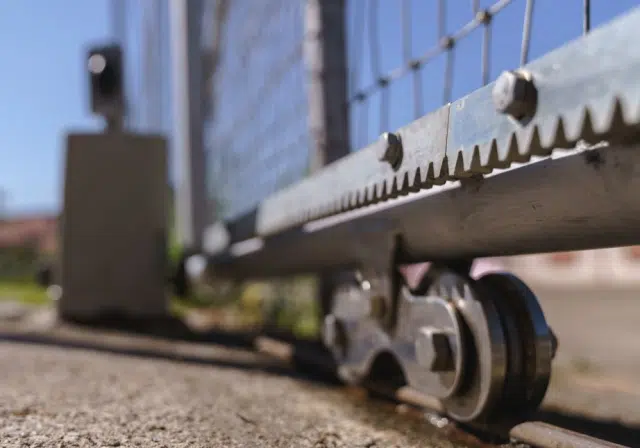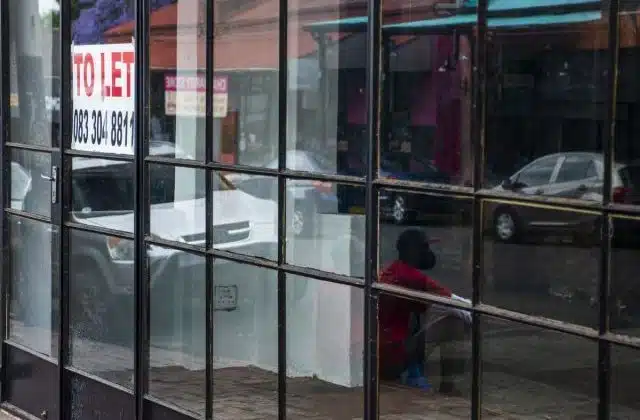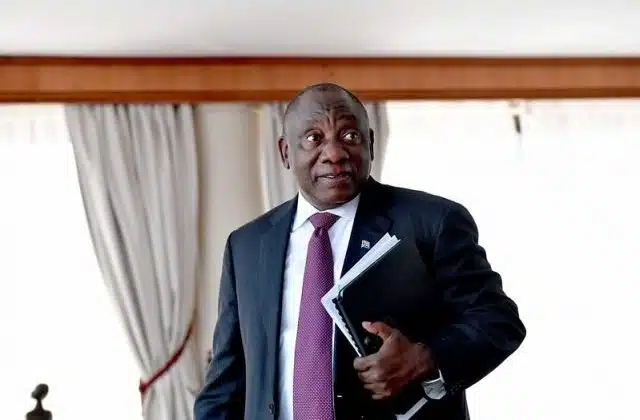
New laws to deal with trespassers on private property in South Africa
The Department of Justice and Correctional Services has published the draft Unlawful Entering on Premises Bill for public comment.
The bill, if enacted, will fully repeal the Trespass Act, No. 6 of 1959 and establish new laws prohibiting unlawful entry on premises in South Africa.
According to the department, the Trespass Act was identified as a piece of colonial/apartheid-era legislation, originally designed to combat trespass, publications and conduct engendering hostility between certain population groups.
“The Trespass Act has therefore lost its relevance in our constitutional democracy,” it said.
The new bill aims to replace these old laws and reintroduce regulations prohibiting unlawful entry to premises, and provide for matters connected to that.
Among other things, it provides for the offence of unlawful entry and the penalties to be imposed if a person is found to be guilty of the offence; the duty to inform an intruder of unlawful entry; the powers of the police and defences against the offence of unlawful entry.
Broadly, the new laws lay out the offence as follows:
- If someone unlawfully gains entry to an enclosed property without permission from the property owner or lawful occupier they are guilty of an offence;
- Property owners need to put up clear signage – or give an oral warning to the perpetrator – that indicates that entry is prohibited;
- Owners or lawful occupiers can call the police to apprehend trespassers;
- Trespassers can defend against the charge if there is a reasonable belief that they have title or interest on the premises that entitles them to enter the property;
- It’s presumed that access to the door of the property is not prohibited if you’ve provided the means to access it.
If someone is found guilty of trespassing, they could face a fine, up to two years in prison, or both.
The call for comments on the bill is open until 16 September 2022. The draft bill is embedded below:
Read: SARS wants new laws to help it go after these taxpayers



